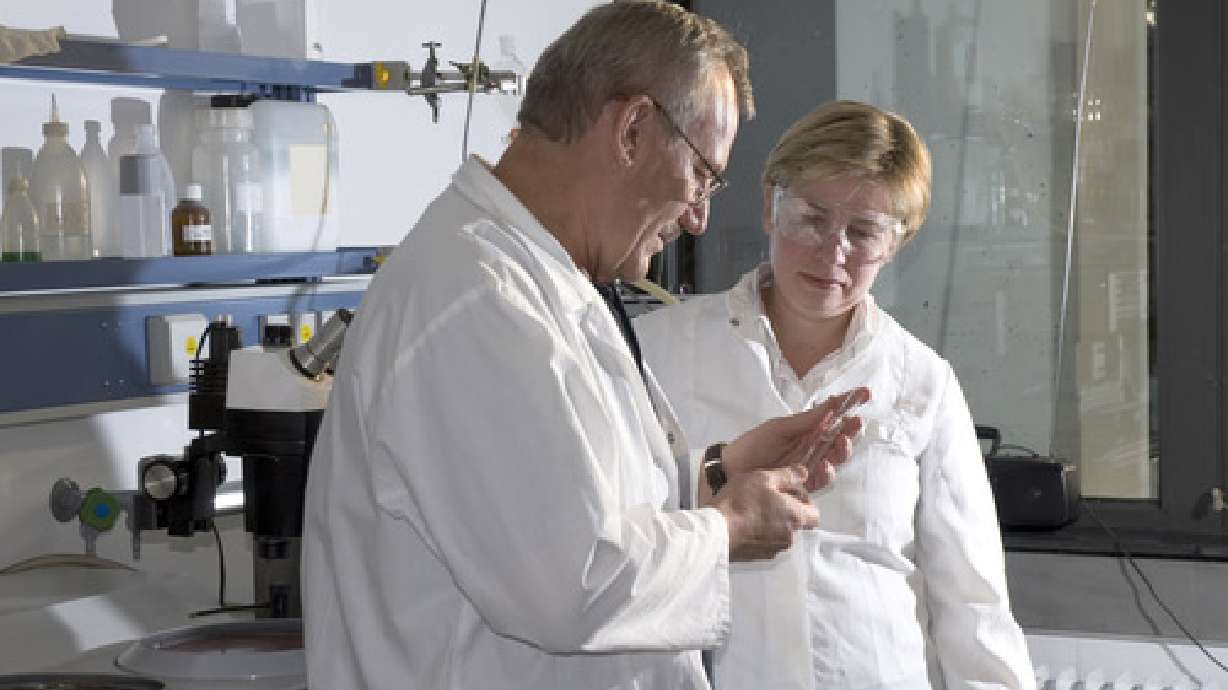Estimated read time: 2-3 minutes
This archived news story is available only for your personal, non-commercial use. Information in the story may be outdated or superseded by additional information. Reading or replaying the story in its archived form does not constitute a republication of the story.
Dr. Kim Mulvihill ReportingFor more than 50 years, doctors have used Pap tests to screen women for cervical cancer. Now, there's new research that has doctors asking whether it's time to replace it with a more high-tech method.
The newer screening method is HPV testing. It uses DNA technology to detect high-risk types of human papilloma virus, which cause virtually all cervical cancers. But is it better?
At the gynecologist's office, American women know the drill. A doctor uses a small brush to collect a sample of cells from the cervix.
The sample is then smeared onto a slide and checked under a microscope
It's a good way to find cancer cells and cells that might become cancerous in the future. Dr. George Sawaya, a cervical cancer screening specialists says, "The Pap smear is great. It's actually the poster child for cancer prevention."
Now, new research suggests a newer screening method is better than the Pap. The HPV test detects the virus that causes most cervical cancers; sometimes before any abnormalities develop.
In more than 10,000 women, researchers found the HPV test did a better job at spotting precancerous changes than the Pap smear.
But before you toss the Pap, understand those results come at a cost. "I'm personally more concerned about harm; harms that we do to people with falsely positive tests," says Sawaya.
He says HPV tests are more likely to lead to false alarms, which mean additional testing, biopsies and anxiety.
And, while HPV tests used in conjunction with a Pap can provide valuable information, Dr. Sawaya says the science is still evolving. "I don't do HPV testing on my patients. There are many alternative ways of managing women for cervical abnormalities. HPV testing is certainly one of those, but it's certainly not widely believed to be the superior way of going," says Sawaya.
HPV testing is FDA approved only for use in women over 30 when used in conjunction with a Pap.
Most insurance plans cover the increased cost. But without insurance, it can run up to $300.
Some of researchers have financial ties to the companies making the test or the HPV vaccine.









